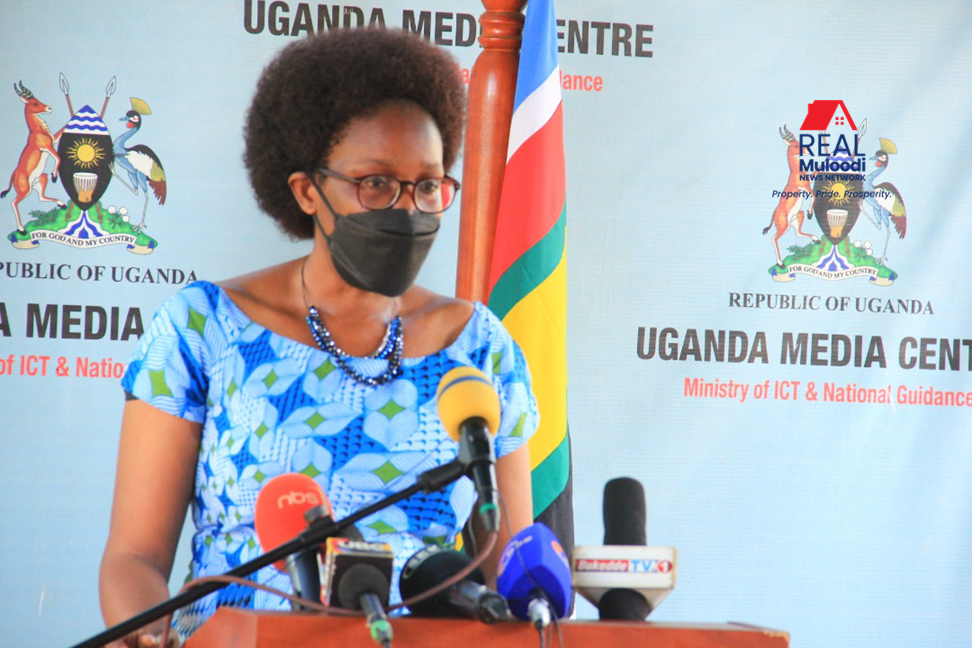UGANDA, Kampala | Real Muloodi News | The government through Minister of Lands, Housing and Urban Development, Ms. Judith Nabakooba has embarked on an ambitious project to digitise the national land registry within the next twelve months.
This significant move aims to modernise and streamline land records, improve accessibility to land information, and ultimately curb land fraud, including double titling and fraudulent plot allocations.
During a press conference in Kampala, Minister Nabakooba announced the government’s commitment to digitise the land registry.
She highlighted the urgency of this initiative to address various land-related challenges, emphasizing the need for a harmonised land information system that can detect and prevent fraud at its early stages.
Minister Nabakooba stated, “Our aim is to upload all the old information into the system, and we are giving ourselves like a year to ensure that all the old information is being uploaded. After this, we shall look at ways of safeguarding and strengthening the registry.”
The lack of a unified and digital land information system has been a contributing factor to land fraud cases in Uganda, which have often resulted in land disputes and legal battles.
By digitising land records, the government intends to create a more transparent and efficient system that can detect anomalies, such as double titling and plotting, and issue alerts whenever a suspicious transaction is initiated.
The Ugandan government began the journey toward digitisation in 2013 when it started adopting a digital format for the land registry.
This involved documenting crucial land information, including location and ownership, and implementing online activities and infrastructure to enhance land transactions.
As part of these efforts, the government contracted IGN-France International, a French mapping company, to develop a digital registration system. This system was installed at the Lands Ministry premises between December 2012 and March 2013.
However, since then, only a few online processes have been accessible to the public, including downloading land transaction forms, checking transaction statuses, accessing plot maps, and conducting online searches and payments through mobile money services.
The announcement of the government’s commitment to full digitisation has elicited mixed reactions from the public.
While many acknowledge the benefits of digitisation for easier access to land information, some express concerns about the digital divide in the country.
Notably, there is apprehension that a significant portion of landowners may face challenges navigating the digital space without adequate training and awareness.
Local communities have also raised concerns about the potential for fraudulent activities related to system alterations during digitisation.
They stress the importance of sensitising the public about the digitisation process to prevent unscrupulous individuals from taking advantage of the people’s ignorance to perpetrate land-related fraud.
In addition to the digitisation initiative, Minister Nabakooba used the press briefing to announce the upcoming second Uganda National Housing Symposium and World Habitat Day 2023, scheduled today October 5.
The symposium will focus on the theme “Resilient Urban Economies: Cities as Drivers of Growth and Economic Recovery” and aims to address housing challenges, foster innovation, and encourage public-private partnerships to combat the country’s housing deficit.
According to Habitat for Humanity, Uganda currently faces a housing deficit of more than 2 million units, with 900,000 existing housing units falling below standard.
The urgent need for affordable housing solutions underscores the importance of initiatives like the upcoming symposium to address these pressing issues and improve living conditions for Ugandans.
READ MORE LIKE THIS:
Challenges in the Digital Land Registry System Ten Years Later
Christopher Burke: Uganda’s National Land Information System



